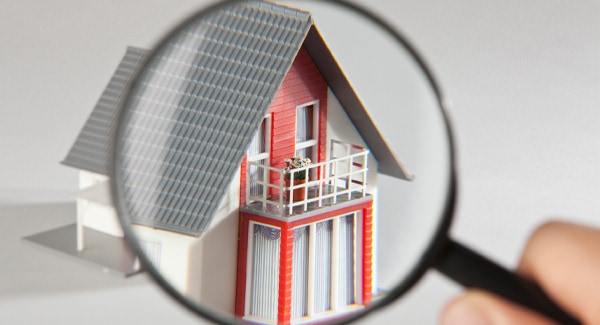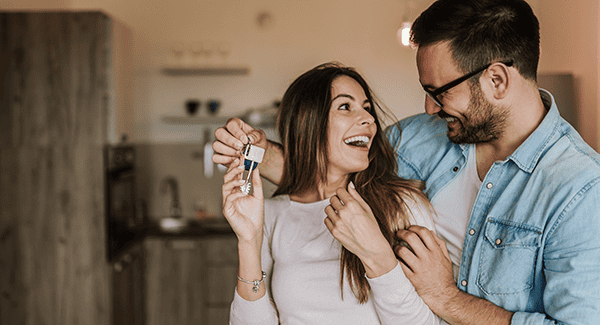
Last Updated on March 2, 2023
If you’re single and looking to buy a home, you’re not alone.
According to the National Association of Realtors® 2022 Profile of Home Buyers and Sellers, 17% of recent first-time homebuyers nationwide were single females and 9% were single males. That’s nearly one-third of the total buyer population. The average first-time single female buyer was 37, with a household income of $51,400. The average single male buyer was 38, with an income of $64,100.
No need to be part of a couple to buy a home today, assuming you have a steady income, good credit history and some money set aside for a down payment. But you might appreciate some advice before you go it alone.
Is it the right time? The decision to buy a home happens at different times for different people. Are you ready to put down roots and stay in the same place for 3-5 years? Or will career or personal goals keep you moving? Are you willing to commit time and effort to caring for a home and yard? Are you tired of paying rent, with nothing to show for it? Do a bit of soul-searching on why you want to buy a home, and why now.
“When you enjoy where you are living, want to make changes or decorate and want to build up equity instead of doing it for someone else, then you are ready to buy a home,” said Katrina Richards, Allen Tate regional vice president.
What do you want? Homes, like people, come in all shapes and sizes. And single buyers want homes that work well with their active lifestyles. That means low maintenance, convenience to work and activities and the opportunity to live near others with similar interests.
“Single buyers often prefer a condo or townhome, which gives them the benefits of homeownership, without concerns about exterior maintenance and landscaping,” said Richards.
Singles also favor “walkable” neighborhoods close to dining and entertainment, where they can meet other people, and they want accessibility to transportation options like light rail, Uber and Lyft.
Another consideration is how much space you reasonably need now – and how much you anticipate needing in the future (in the event your “single” status changes.)
How much can you afford? Before you become too invested in a home search, it’s always a good rule of thumb to get pre-approved for a mortgage. By completing a mortgage application, you’ll have a better idea of how much home you can afford and you can focus your search on that price point. As a single person, your income, assets, expenses and credit history will solely determine if you qualify for a mortgage, and if so, how much.
A good rule of thumb is to limit your mortgage to 25 percent of your take-home income. You’ll likely need 5 percent more for taxes, insurance and maintenance. And you’ll need a down payment of at least 3 percent. (And not to mention the money you’ll need for all of the new stuff you’ll want to buy once you move in.)
“The best advice I can give a single buyer is to focus on the monthly payment you are comfortable with, not the amount you qualify for,” said Richards. “And allow a bit of wiggle room.”
Consider using gift funds to help with the down payment. Whether it’s $2,000 or $20,000, having someone gift you the money for your down payment and other costs associated with the purchase of your home reduces your burden, although it can potentially complicate things. Learn about the down payment gift rules here.
Who can help? Just because you’re buying alone doesn’t mean you don’t need the help of others. The first person you need is a Realtor®, to help guide you through the process, find the right home and negotiate an offer. You also need someone you trust as a sounding board, such as a friend or relative who knows your personality and can offer an objective point of view. A trusted mortgage partner can help you evaluate the best financing options. And don’t forget about insurance – you’ll need that in place before closing. In most cases, you’ll save money by bundling your home and auto insurance with the same carrier.
Fortunately, the homeownership dream is alive and well today – for both singles and couples. But homeownership is also a major investment and lifestyle change. It’s a decision that should be weighed carefully, regardless of relationship status.



